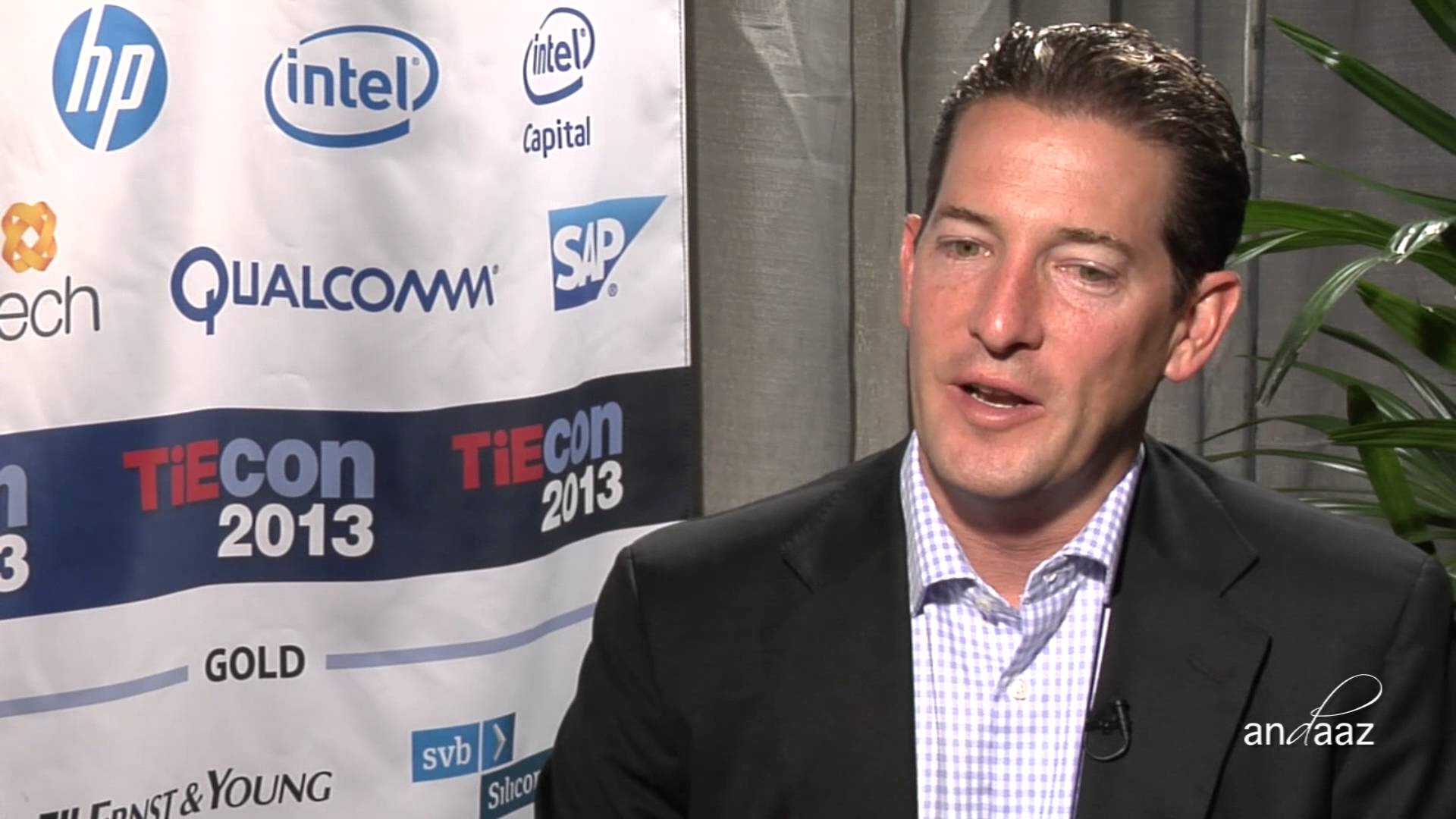
Forget cool technologies, like wearables or smart home devices. Enterprise technology is all the rage, at least in the mind of venture capital (VC) firms.
According to data recently released by Bloomberg, in 2019, for the first time in five years, VCs spent more money on enterprise technology companies than on consumer technology companies.
Funding for enterprise technology companies last year was almost double what it was in 2018, Bloomberg found. In 2019, enterprise technology companies raised $30.42 billion, while consumer technology companies raised $23.26, a decrease of almost a quarter from the previous year, according to Bloomberg.
RELATED CONTENT: How to make application development cool again
Steve Stover, VP of products and strategy at SolarWinds, believes that there are a few reasons for this switch in interest. One reason is that a lot of companies are starting to want to have the kind of experiences in the workplace that you see in consumer technology.
Because people have come to expect highly digital experiences in all aspects of their lives, organizations that are quick to implement these solutions may be more attractive to prospective developers. This will allow them to attract top talent to their organization. “Imagine a place where you couldn’t go to work every day and have that experience you have, say, on Twitter or Facebook,” said Stover. “And being able to be productive quickly. Sometimes that might be getting a coffee at the push of a button, or through an automated vending machine, but it’s also in the technology that you use every day to get your job completed, and it provides for much better employee experience and happy employees oftentimes mean happy customers.”
Another reason for this change is the explosion in artificial intelligence and machine learning, which has gotten companies to really think about how that technology could be used to shape business, customers, and employee experiences.
According to Stover, one of the interesting use cases artificial intelligence enables in the workplace is virtual assistants. “I just imagine a time where you can have a virtual assistant just working beside you and you can get them to help you perform your task while you’re focusing on the things that might make more of a difference to business,” said Stover. “Imagine if you could have someone with you 24/7 always kind of awake who could answer questions for you about anything you needed to get your job done. And being able to introduce that type of technology, again, helps enterprise organizations provide more of a consumerized experience that more and more of the workforce is expecting.”
Stover believes this market trend will hold for some time, especially as machine learning and artificial intelligence technology continue to advance, making it easier to build products that leverage that technology.
Stay tuned! An upcoming episode of our podcast What the Dev? will feature the full interview with Steve Stover. Look for it wherever you listen to podcasts!




